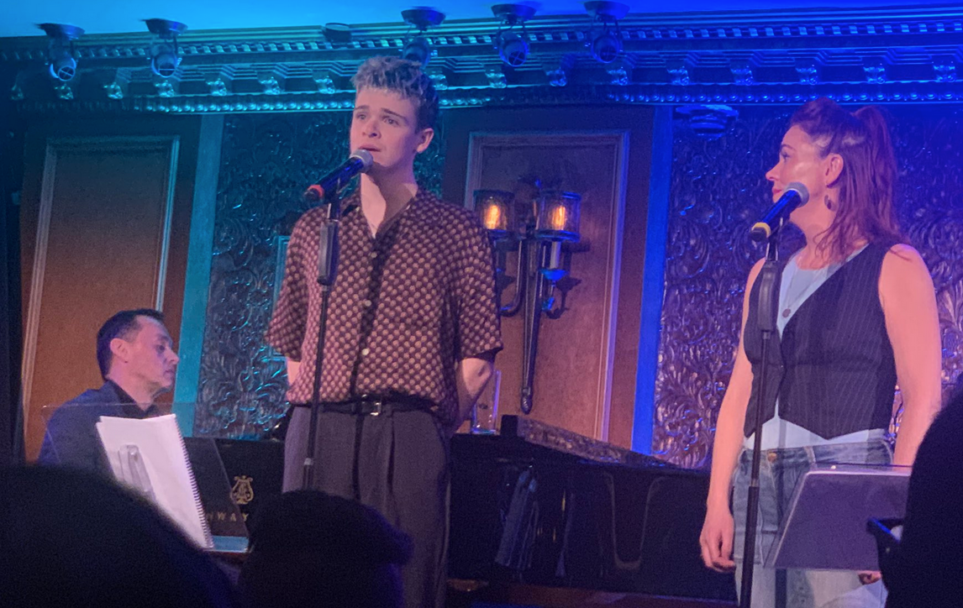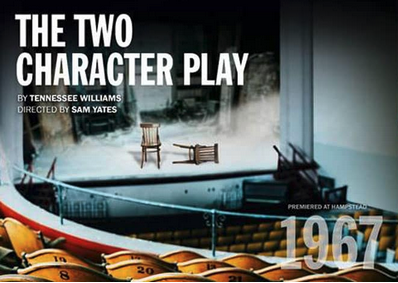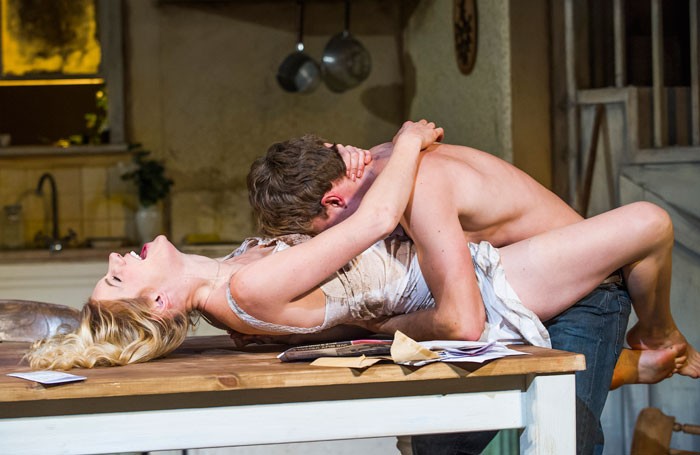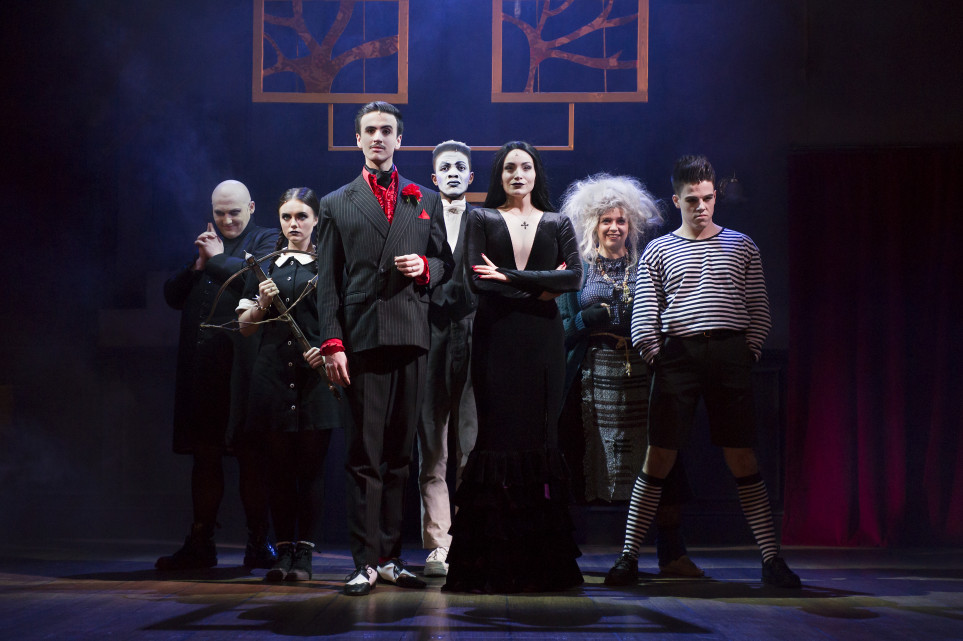Diary of a Theatre Addict: Ten Crazed Days (and Nights) Before I Go Away Again
I’ve had ten days in London between a holiday in Gran Canaria and heading to New York — and have been to fifteen shows. But I’m finally giving up on going to live concerts.
What went wrong with the original Addams Family
And though I am no way responsible for their infinite skills at singing, dancing and acting, I’m able to take a special pride in knowing that they’ll have had their musical theatre knowledge expanded in some way by attending my class. (I felt satisfied of a good job well done when one of this year’s first year told me that they’d downloaded Audra McDonald to their music library). Andrew Lippa’s The Addams Family, to be honest, is not a show I usually cover in the history lessons (though I do touch on some of his other work!); I interviewed original co-director Phelim McDermott at a public seminar for Musical Theatre Network in 2012. Phelim McDermott: We were told it was a 19 million dollar musical, before we came on board. Phelim McDermott: Well, whatever it is, it’s there because the reason one puts a big, multi-million dollar musical on Broadway is to make money and the bottom line is it has to make money. Phelim McDermott: What was interesting about The Addams Family is that I think the intentions were incredibly good; But how one holds the space for that to happen is incredibly challenging because you’ve got all these people saying “it’s got to be this”, “it’s got to be that”. Phelim McDermott: Well, I think that everyone does have the same view, which is to make a great show. It makes me think of Supergroups in the 80’s where they used to say we’ll have that person from that group and that person from that group and they’re all amazing and we’ll put them together …it’s like a formula and actually I think you’ve got to create the space where the holding space is bigger than the formula. Sometimes this thing comes up in subsidised theatre where people say “we’re upholding the right to fail” and I think that’s confusing because it sort of seems to imply somewhere a perverse desire to fail, as if we didn’t want to create a good show. Mark Shenton: Of course the difference is one of process as well – the fact that the National could workshop the Tori Amos piece and decide it’s not fit to go, and then delay it. One of the manifestations of the fear is the intention to workshop, workshop, workshop. And I think the idea that you can actually make the process safer is not going to happen because the whole thing’s a big gamble. Mark Shenton: Especially the comedy – you don’t know what’s going to happen until the first time an audience sees it; Phelim McDermott: And in that process of trying to sort it out in try outs and whatever, then the response of the audience is so moderated by the things that they’ve read about what’s happening in the press about whether this person’s being funny, all this stuff, sort of stops that container that you end up with. Basically what you end up with is everyone gets removed from their own authentic impulses, including the director. Mark Shenton: And that’s when they send in the show doctors to kind of sort you out as well. Phelim McDermott: Yes, or you find out about show doctors coming in, when you’re out of the country. And one part of the experience was we want your process, we want what you do but you’ve never done a Broadway show before, which was true, so you go well, I want some advice so they give you advice but you end up sort of not trusting yourself because you end up not believing in your own process. However, you had a script and you knew what it was whereas with The Addams Family the text and the score were all in development, so you were part of that whole process. Phelim McDermott: If one’s process is a devising process, how does one have a conversation with a more traditional process, where someone writes the music and the book and you interact with that? And I would say there were certain moments when we managed to do that. Mark Shenton: Of course, the other fly in the ointment in this process was the gossip columns, the New York Post, who all went for the show big time and also the local press who all played their part.



